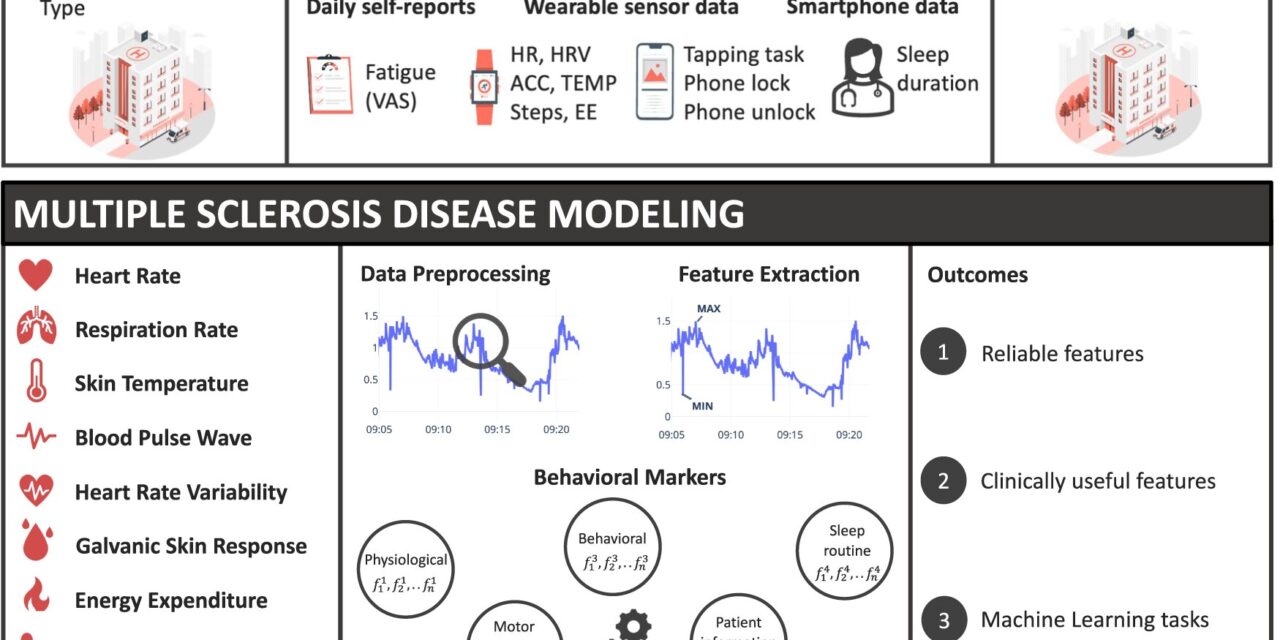Multiple sclerosis (MS) presents a complex challenge for patients and healthcare providers alike, with symptoms varying widely and disease progression difficult to track accurately. However, a pioneering study led by researchers from ETH Zurich, the University Hospital Zurich, and the University of Zurich, in collaboration with Tel Aviv University, reveals a promising new approach to MS management using wearable technology.
Published in the journal npj Digital Medicine, the study demonstrates how fitness trackers and smartphones can provide clinicians with reliable, real-time data on MS patients’ health parameters. Led by Shkurta Gashi, the research team collected data from 55 individuals with MS and 24 control subjects over a two-week period, utilizing wearable devices to monitor physical activity and heart rate, as well as smartphones to assess motor function and daily smartphone usage.
The findings underscore the potential of wearable technology to revolutionize MS management by offering continuous, objective insights into patients’ health status. Participants with higher disease severity and fatigue levels exhibited lower physical activity levels and decreased heart rate variability, as measured by fitness trackers. Similarly, reduced smartphone usage correlated with greater disability and fatigue, highlighting the link between digital behavior and disease severity.
One particularly innovative aspect of the study involved a smartphone-based motor function test, developed at ETH Zurich, which evaluated participants’ tapping speed and frequency. This test provided valuable insights into motor skills and physical fatigue, offering a novel approach to monitoring disease progression.
Shkurta Gashi, lead author of the study, emphasizes the significance of combining data from multiple sources to create a comprehensive picture of MS patients’ health. “By integrating physiological, behavioral, and motor performance data, we can accurately distinguish between healthy individuals and those with MS,” Gashi explains. “This holistic approach enables more effective and personalized disease management.”
The implications of this research extend beyond improved monitoring of MS to the potential development of better treatments and management strategies. By leveraging wearable technology, clinicians can access a wealth of longitudinal data, leading to more informed treatment decisions and enhanced patient outcomes.
Moreover, the researchers have made their dataset available to the scientific community, facilitating further research and the development of advanced models for automatic evaluation. With continued innovation and collaboration, wearable technology holds the promise of transforming the lives of MS patients, offering hope for more effective treatments and improved quality of life.











